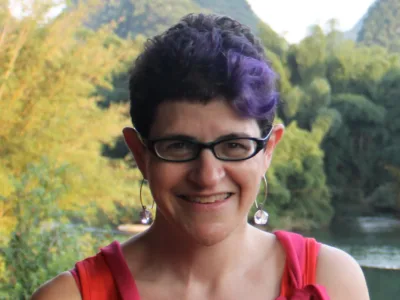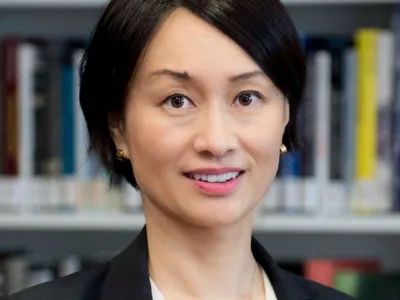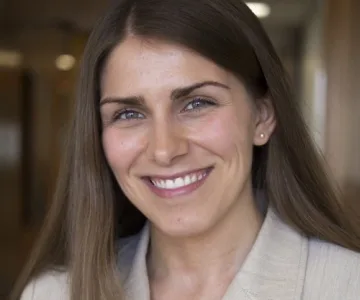Cooperation or Cold War: Navigating U.S.-China relations in times of COVID and climate change
U.S.-China relations are deteriorating rapidly, prompting fears of a new Cold War. President Trump’s 2017 National Security Strategy mentions China 23 times – invariably in hostile terms. China is a “revisionist” power that seeks to “shape a world antithetical to U.S. values and interests” while “attempting to erode American security and prosperity,” it asserts, necessitating a recognition in Washington that the Great Power competition with China already has begun. This was before the COVID-19 outbreak. Today, tensions with Beijing are further strained as Trump blames China for the pandemic and demands that Beijing pay coronavirus reparations. While China has mishandled the pandemic and engaged in activities that challenge the United States, rushing toward a Cold War with the Chinese carries enormous costs and risks–many of them outside the traditional security sphere. How can the U.S. and China collaborate against COVID and future pandemics if they are entangled in a zero-sum cold war? How can collective action addressing the existential threat of climate change be achieved if China and the U.S. – the world’s top two polluters – chose conflict over collaboration? To address these issues, the Quincy Institute is delighted to invite you to a public Zoom panel discussion with some of the foremost experts on U.S.-China relations, including on U.S.-China pandemic management cooperation and environmental collaboration. REGISTER FOR THE PANEL HERE.
Program
Panelists

Deborah Seligsohn
Deborah Seligsohn is an Assistant Professor of Political Science at Villanova University. Her research focuses on Chinese politics, U.S.-China relations, and energy and environmental politics in China and India. Prior to receiving her Ph.D. in Political Science and International Affairs from the University of California, San Diego in 2018, she worked in both the NGO and government sectors on energy, climate, and the environment. From 2007 to 2012, she was based in Beijing as the Principal Advisor to the World Resources Institute’s China Energy and Climate Program. She also had over 20 years’ experience in the United States Department of State, working on energy and environmental issues in China, India, Nepal, and New Zealand. Her most recent position was as Environment, Science, Technology, and Health Counselor in Beijing, 2003-2007.

John Glaser
John Glaser is director of foreign policy studies at the Cato Institute. His research interests include grand strategy, U.S. foreign policy in the Middle East, the rise of China, and the role of status and prestige motivations in international politics. Glaser earned a Master of Arts in International Security at the Schar School of Policy and Government at George Mason University and a Bachelor of Arts in Political Science from the University of Massachusetts Amherst.

Jennifer Huang Bouey
Jennifer Huang Bouey is a senior policy researcher and Tang Chair in China Policy Studies at the RAND Corporation. Bouey's research centers on global health strategies and social determinants of health. She testified to Congress about the coronavirus, China's pandemic response infrastructure, and U.S.-China pandemic management cooperation in February. Prior to joining RAND, she taught qualitative and quantitative research methods at Georgetown University and led multiple studies on the health risks and health care access barriers among immigrants, rural-to-urban migrants, sexual minorities, and people at high-risk for HIV in the United States and China. Bouey received her M.P.H. and Ph.D. in epidemiology from George Washington University and her M.D. from the Peking University School of Medicine.

Rachel Esplin Odell (Moderator)
Rachel Esplin Odell is a Research Fellow in the East Asia Program at the Quincy Institute and an expert in U.S. strategy toward Asia, Chinese foreign policy, and the politics of international law. Her research on the relationship between maritime power and international law has been awarded the Alexander George Award from the Foreign Policy Analysis Section of the International Studies Association. She is completing a book manuscript that explains differences in states’ interpretation of the international law of the sea and the evolution in those interpretations over time, with both global cross-national analysis and case studies of China, Japan, India, the United States, and the Soviet Union. She holds an AB summa cum laude in East Asian Studies with a secondary field in Government from Harvard University and has advanced proficiency in Mandarin Chinese and Spanish.
